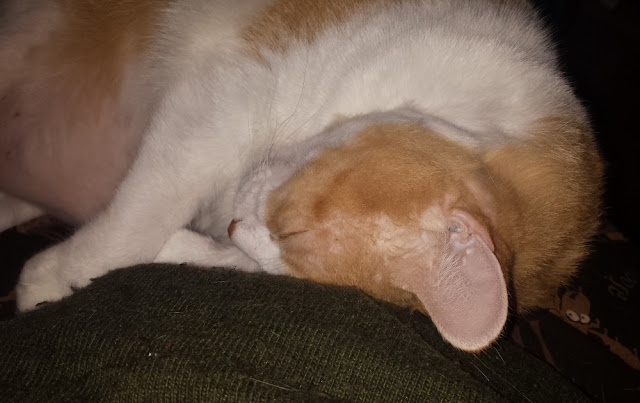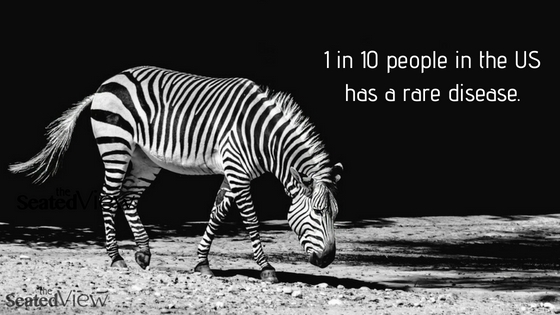Won't You Be My Neighbour
I know a woman who is a relatively recent immigrant to Canada from Kenya. Last week, after the horrible events following the election there, I asked her how her family was, if anyone she knew had been affected by the unrest. Thankfully, most of her family are living far from the affected areas, although she does know people who were spending every day being very frightened and she knew of at least one acquaintance who’d been killed.
It got me thinking about multiculturalism.
I grew up in a very homogenous country. It is a small one, characterized by generations and generations living in the same place for decades, even centuries and with very little influence from the outside. Everyone largely has the same experience and values and everywhere else is different and strange. Only in the 1970s did immigrants start coming into the country, requested by the Danish government to build up the workforce and then they came mostly from Turkey and what was then Yugoslavia. After growing up in Denmark, coming to Canada was, quite frankly, a bit of a shock to the system. But I loved it instantly. Canada is a country of immigrants - with the exception of Native Canadians, we’re all immigrants here, even people whose families have lived in the country for generations. In 1971, my favourite prime minister, Pierre Elliott Trudeau, officially announced the federal policy of multiculturalism and it is one of the many reasons why he is my favourite prime minister.
Multiculturalism means that even though I live in Canada, where I come from is as valid as my Canadian experience. I don't have choose - I am free to celebrate both, to continue to honour my Danish roots and traditions, while creating Canadian ones and sometimes, like at Christmas, blending the two and ending up with something better than the original. I am Danish-Canadian, the hyphen representing the adding of one to the other, the equality of both and I feel privileged to live in a country where my background, as well as everyone else’s is celebrated.
In Toronto, Caucasians are in the minority, there are now more people who are racial minorities than there are whites and I love it. I love the different languages, I love the food (oh, how I love the food), I love being able to travel all over the world without leaving my neighbourhood. I feel at home in this city where although we all come from different places and we all have different coloured skin and different customs, we are all neighbours nonetheless. Just people.
The first time this was really brought home to me was when a friend and I had taken a drive a bit north of the city, spending the day in small towns. All day, I was vaguely unsettled, but not able to put my finger on what was wrong. Until I came back to Toronto and realized that it was the lack of pigment that had unnerved me, the fact that in those small towns, everyone was white. After all this time, homogenous feels wrong to me.
And six years ago, after 9/11, it was brought home to me again. Because when the world was demonizing Muslims, I could name 20 that I knew personally. All of them good, decent people who'd never dream of killing anyone. They were kind neighbours and funny friends and I was grateful for them because they provided me with an antidote to the hate and the stereotypes flying about wherever you looked. They made it easier for me to remember that Muslims didn't crash the planes into the towers. Fanatics did. And I believe the latter far more relevant to the issue of terrorism than the former.
This is not say that Toronto is a utopia, far from it. There is still prejudice here, but we are working on it. And living right in the middle of this wonderful mix that celebrates diversity creates an environment where you live locally, but think and feel globally. Countries halfway around the world have faces attached to them, people that I know and like and I feel more connected not just to my neighbours and my friends, but to the countries and cultures they come from. Each no longer some sort of abstract, far away place, they are different. But it's not strange.
Before I go, another sort of strange thing (text here). Strange, but pretty damn cool.


Comments